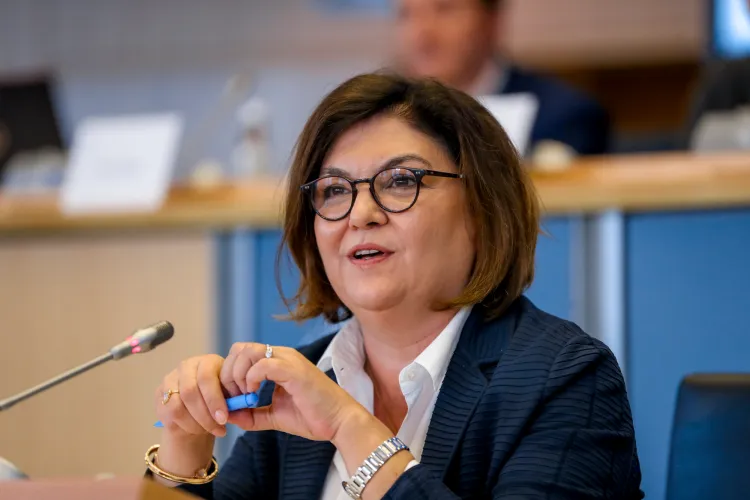In the middle of the controversial renegotiations and the delay in defining a ban on the combustion engine, Adina Vălean, Commissioner for Transport at the European Commission, mentioned possible elements for transition and pointed to eco-fuels as an example.
«Decarbonising the transport sector depends on having alternatives to fossil fuels,» she told a press conference.
He added: «We need sufficient supplies of renewable electricity, sustainable biofuels, clean hydrogen and other renewable and low-carbon fuels.
But, the detail of his statement came when he said that the European Commission has no preference on how to replace fossil fuels. So, the electromobility position seems to be not so strong for the governing body.
«We do insist on sufficient alternatives to reach our emissions targets. The Commission can help coordinate supply, distribution and demand,» she added in her Vălean statements.
These words of the Commissioner take on relevance given the pressure from Germany and Italy to put on the agenda not to ban eco-fuels in 2035 and to postpone or eliminate it.
This month, the presidents of the 27 countries that make up the European Council vote to make the measure to stop the sale of combustion vehicles by 2035 permanent law.
Volker Wissing, Germany’s transport minister, said that as long as the Commission does not deliver the proposal, the government will not vote for the text to enter into force.
Michael Theurer, German State Secretary for Transport, said that electric vehicles are the way forward, but that other technologies need to be supported.
«We need hydrogen technology and also eco-fuels, especially in heavy-duty vehicles,» he said.
Italy, the other automotive powerhouse, called through Antonio Trajani, its foreign minister, for a total ban on the sale of combustion cars not to be approved.
The main reason seems to be linked to the supercar industry such as Ferrari and Lamborghini and the difficulty of switching these models to electric motors.
Italy already got a derogation from the European Parliament with the Ferrari Amendment, which implies that the restrictions do not apply to manufacturers with small annual production volumes: 1000 to 10,000 cars or 1000 to 22,000 vans.
Another point to note, and one that takes on even greater relevance, is the statement made by the European Commissioner a short time ago, after the ministers of both countries spoke: «I believe that the debate is not closed, even if the vote has been taken».
Furthermore, at her last press conference on 27 February, she remarked: «We need to gradually increase the demand for sustainable fuels, especially for ships and aircraft».




















